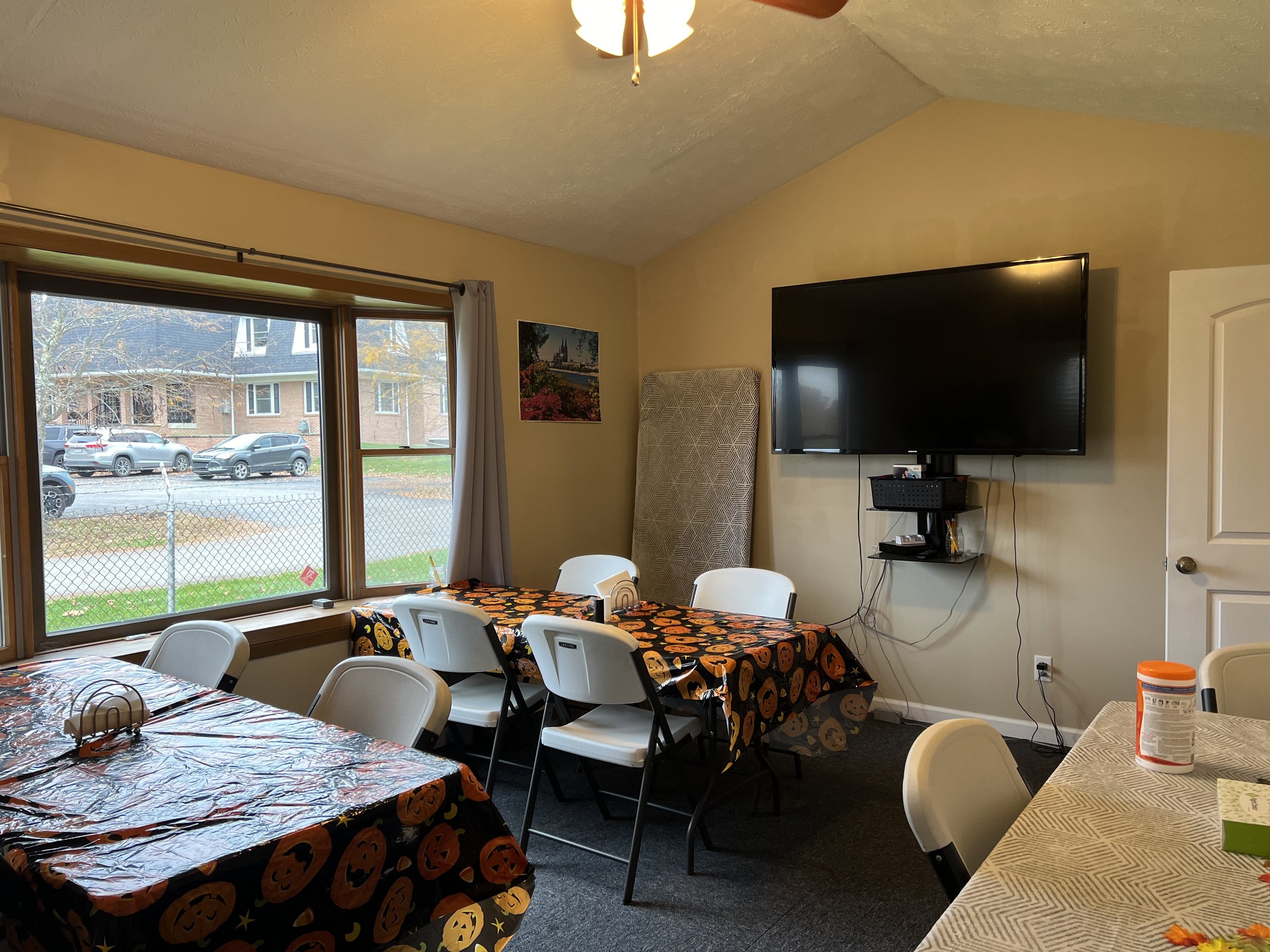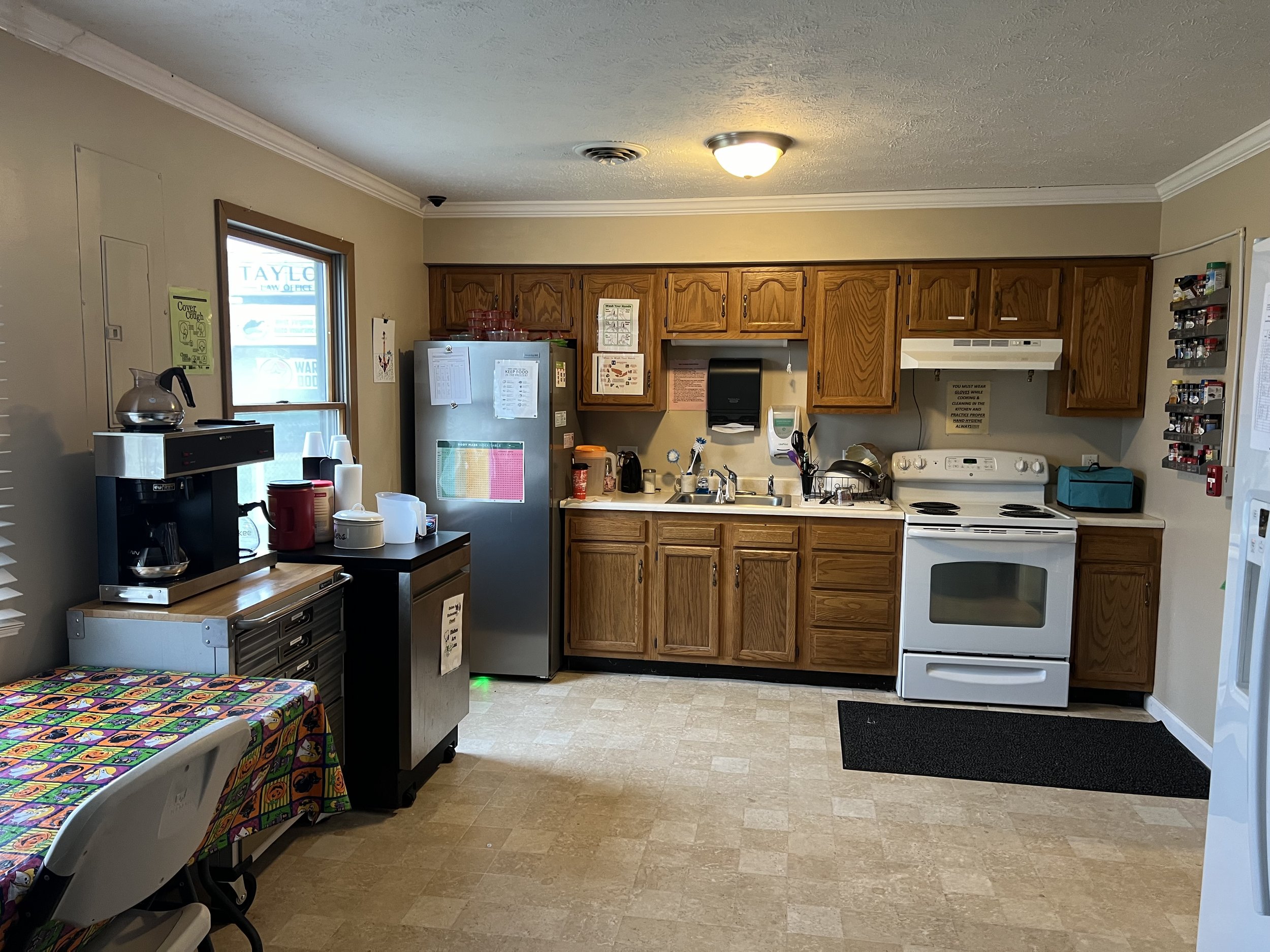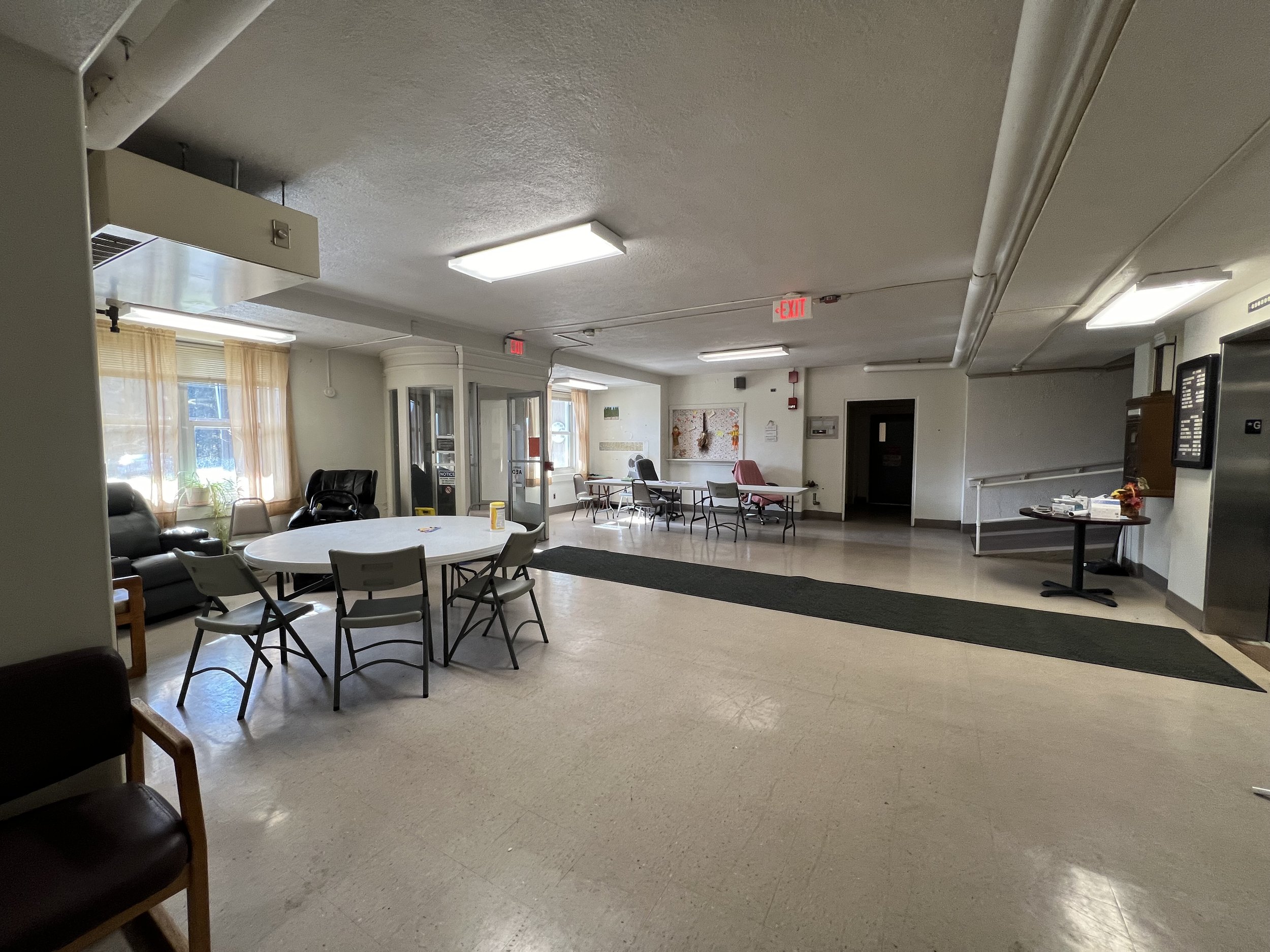
Day Programs
Valley currently has two Day Treatment Programs, one located in Morgantown and one in Preston County. We are currently working on opening a third facility in Fairmont.
Morgantown Day Program
Day Treatment currently runs from 9a-2p on Monday and Wednesday
Located at 314 Scott Avenue in Morgantown.
Transportation is available for residents of Monongalia or Marion Counties.
Bus passes can be provided for transportation to and from the Day Program in both Mon and Marion counties.
Preston County Clubhouse
Day Treatment currently runs from 7a-3p on Monday and Friday.
Located in Terra Alta in the bottom of the Hopemont Hospital Administration building.
Transportation is available through Buckwheat Express transit system.
Phone number (304) 329-0464
Illness Recovery and Wellness Skills
-
These are the relationships and connections we have with those around us. Friends, family, coworkers, schoolmates, romantic partners, and acquaintances are all examples of interpersonal relationships. We focus on assertive communication, team-building exercises, and other trust building activities to strengthen this skill.
-
These are important for recognizing and solving everyday problems we all face. We have group sessions focused on brainstorming, analyzing, and communicating in ways that put these skills together in order to effectively identify solutions to life’s challenges. We use activities such as games, puzzles, and other interactive tools that promote critical thinking.
-
It’s important to manage stress so that we can limit the physical toll it takes on us. Groups centered around the importance of self-care and avoiding unhealthy habits teach the skills required to successfully reduce the negative effects of stress. Activities such as deep breathing, guided meditation, and other mindfulness exercises are used to develop this skill.
-
It’s necessary to understand your symptoms and the medications you take for effective treatment. We schedule informative, non-therapeutic groups based around symptoms shared across multiple mental health illnesses and discuss the necessity of taking medications as they are prescribed by a medical provider. We demonstrate how to use medication organizers, and discuss using calendars and notes as reminders for medication times.
-
Everyone experiences anger. It usually follows feelings of frustration, helplessness, or sadness. Groups and activities used to build this skill focus on identifying personal triggers, assertive communication of your concerns, and coping strategies to limit the negative physical effects of anger. We use journaling, role-playing, and other exercises to demonstrate this skill.
-
Socialization is a necessary building block for healthy communication and relationships. We utilize activities such as conversation balls, role play, interactive games, and creative activities in order to develop and maintain social skills within our groups.
-
We are not able to manage our stress, anger, or other intense emotions without the use of good coping strategies. We demonstrate this in our peer group settings through learning about a new creative outlets, talking about or writing down feelings, or engaging in exercise. Sharing with one another and learning about various strategies helps us cope with life’s stressors.
-
There are many different types of community resources; including libraries, schools, places of worship, law enforcement, medical providers, and shopping centers. We provide information on how to use these resources, and occasionally schedule a community outing to learn more about a specific resource. Some previous outing locations include local fire departments, public libraries, shopping centers, and the state capitol.
-
According to the Substance Abuse and Mental Health Services Administration, “More than one in four adults living with serious mental health problems also has a substance use problem.” While it is not always the case, often times people living with a mental illness use drugs or alcohol as a form of self-medication. Our non-therapeutic mental health day treatment is a safe and welcoming space for anyone living with a severe or persistent mental illness, substance use disorder, or both. Groups and activities will focus on understanding and managing symptoms, building communication and interpersonal skills, and other aspects of daily living.
Activities of Daily Living or Life Skills
-
Improving and maintaining physical health is an important part of overall wellness. We work in conjunction with the Activities Facilitators in this area and provide several hour-long sessions of low-impact exercises per week during day treatment hours. We have also provided outings to public parks, trails, and swimming pools to promote movement and physical health.
-
General health, including physical and mental, requires proper nutrition. Groups and activities focus on healthy food choices, easy movement that can be used as exercise, and other wellness topics.
-
Each day, we demonstrate how to prepare a healthy meal that can quickly and easily be prepared by consumers in their homes. Hands-on learning is encouraged, but observation is also welcome during meal preparation. This daily meal is used to provide lunch to the consumers attending day treatment services.
-
Good personal hygiene is important for overall wellness. It reduces risk of illness, improves appearance, and boosts self-esteem. It can also improve our social interactions. Groups and activities focus on how to properly wash hands, how to prevent spreading infections, and good practices for bathing or showering.
-
A tidy home is important for reducing hazards such as fire, dust, and mold; but clutter can also negatively impact your mental health. Groups and activities for this topic provide information on the benefits of getting organized, as well as tips and tricks such as sorting items into categories for trash, donation, recycling, selling, and keeping.
-
Financial uncertainty can be very stressful, and good budgeting skills can help prevent this. During our budgeting groups, we discuss the importance of budgeting and easy ways to manage money. Activities such as worksheets can be used to teach money planning and good banking practices.
-
We all have different interests and hobbies, and engaging in these various activities is a wonderful form of self-care that helps improve mental wellness. Each day a portion of time is allotted for peer support groups, when clients will work individually or in small social groups on activities of their choice. We also schedule community outings to places like parks, book shops, and restaurants to promote the importance of leisure activities.
What to Expect
Morgantown
We provide transportation to and from the Day Programs, as long as you reside in Monongalia or Marion Counties. Once you arrive at the Day Program, you will sign in and assemble in the group room, where a Community Skill Trainer will go over the schedule for the day. A typical day will begin with a group session of motivational interviewing, and then engage in a structured activity related to the group. We will then assemble in the kitchen, where a Community Skill Trainer will work on preparing a lunch for the group. We try to focus on easy and healthy meals that you would be able to prepare at home. After lunch there is clean up and assisting with cleaning the kitchen. We will then gather back into the group room to engage in an additional group activity or a peer support activity.
Preston County
The Clubhouse serves as a peer-driven drop-in center for individuals seeking opportunities for socialization. Community Skills Trainers do not provide transportation for this service; however, the Buckwheat Express transit system in Preston County is available, and staff will assist with coordinating this service if necessary. Clubhouse services are similar to day treatment in that the same topic divisions are the focus of groups and activities, but different in that this is a client driven group allowing for development of the groups and activities in a much less structured way than at the day treatment in Morgantown.
Lunch is not provided here as there is no kitchen facility. Lunch is asked to be brought to the program on the day you are attending. Typically, we engage in a variety of activities and groups throughout the day, with participation and facilitation as needed from staff.
Goal of the Programs
The goal of these groups and activities is to increase skill level in one or more of these areas in order to progress toward independent living, with the ultimate goal of reaching and maintaining a level of independence that would allow for the completion the program.









